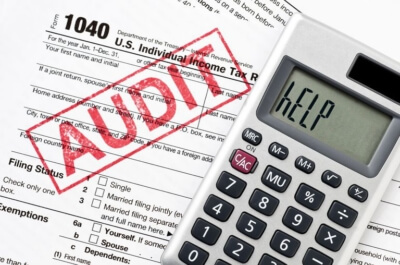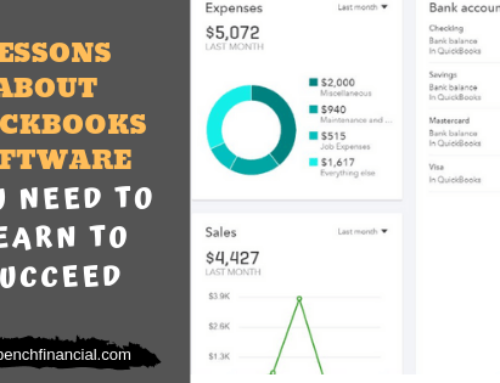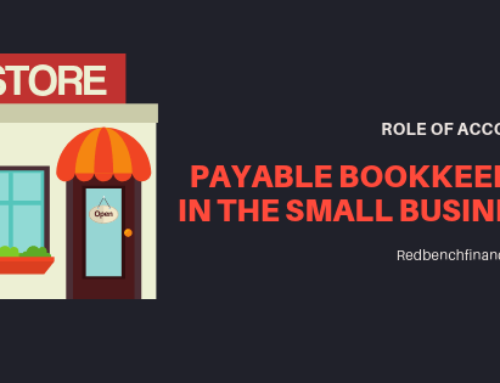Follow these 7 Steps to Audit-Proof Your Tax Return to make your return less susceptible to an IRS audit.
1. Be neat
 using computers, and there are a number of really good do-it-yourself computer programs for PCs and Macs alike. Some websites even allow you to securely complete your tax return from the comfort of your Web browser.Do not submit hand-written returns. Nothing looks more careless and disorganized then a messy return, with cross-outs, sloppy handwriting, and smudges. All represent an IRS red-flag.
using computers, and there are a number of really good do-it-yourself computer programs for PCs and Macs alike. Some websites even allow you to securely complete your tax return from the comfort of your Web browser.Do not submit hand-written returns. Nothing looks more careless and disorganized then a messy return, with cross-outs, sloppy handwriting, and smudges. All represent an IRS red-flag.
2. Be accurate
Incorrect audits have numbers that add and subtract accurately. Prepare your return by computer to ensure that none of the math is incorrect.
3. Watch Schedule C
Schedule C, Profit or Loss for Business, reports a net loss from small-business ventures. If your main source of income comes directly from W-2 wages, you must pass the “passive loss” and “hobby loss” rules. Contact the financial experts at The Red Bench for more information on this.
4. Document deductions
If you claim large deductions for unusual items, such as losses because of earthquake, flood, or fire, attach documentary proof to the back of your tax return. Copies of repair receipts, canceled checks, insurance reports, and pictures are always a good idea. This won’t stop the IRS from flagging your return, but the documents should catch the attention of the IRS classifier. If he or she thinks your documentation looks reasonable, you probably won’t get audited.
5. Don’t estimate
Whatever you do, don’t use round numbers. For example, if you report $1,000 or $12,000 instead of $978 or $12,127, it’s an indication that you are estimating rather than keeping good records and reporting the actual, correct amount.
6. Be on time
The IRS will tell you that filing an extension will neither increase nor decrease your chance of audit, but tax experts believe that it increases your risk for an audit. Remember that if you have a balance due to the IRS, an extension of time to file is for the paperwork only, not for the payment of the tax. Pay by the due date of the tax return in order to avoid costly penalties and interest.
7. Watch where you’re located
Audit exposure is different from city to city and state to state. During one period, Nevada taxpayers were audited four times more often than people in Wisconsin. This doesn’t necessarily mean that you should move to Oshkosh, but if you have several homes, travel extensively, or otherwise have some flexibility in selecting your tax-reporting address, consider choosing the one with the lowest average audit rate.
Need help?
Contact the financial experts at The Red Bench for more information, and for help preparing your taxes.








